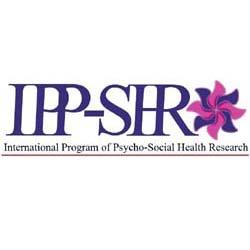Study shows research participation can be empowering
Published on 09 November, 2006
A study by the International Program for Psycho-Social Health Research (IPP-SHR) has shown that involvement in qualitative research can be a beneficial and an empowering experience for people coping with difficult life situations.
The issue was explored in response to concerns commonly voiced by ethics committees and researchers about the impact of research participation on vulnerable or stressed groups.
 The findings came from a qualitative longitudinal study looking at issues associated with the diagnosis and treatment of childhood blood-related cancers.
The findings came from a qualitative longitudinal study looking at issues associated with the diagnosis and treatment of childhood blood-related cancers.
Involvement in the study was viewed as a positive, supportive experience, due to the opportunity it gave participants to share their feelings and experiences, without the sense of burdening others.
According to IPP-SHR researcher Dr Pam McGrath, “participants reported that the experience of talking about their situations was comfortable, rather than distressing”.
“Participation also helped to normalise participants’ experiences and reduced feelings of aloneness,” Dr McGrath said.
In addition to these important personal gains, a primary benefit of participation reported was the altruistic hope that, by sharing their personal stories, participants would be able to help others to cope in similar situations.
Of particular importance to researchers, is the finding that positive research experiences were directly linked by participants to the nature and duration of the relationship that they shared with the qualitative researcher.
 “A non-judgmental, sensitive and empathetic communication style on the part of the researcher, as well as a willingness to build rapport with participants is imperative in making the research experience a positive one,” Dr McGrath said.
“A non-judgmental, sensitive and empathetic communication style on the part of the researcher, as well as a willingness to build rapport with participants is imperative in making the research experience a positive one,” Dr McGrath said.
Participants also valued knowing that their decisions about whether or not to participate, as well as choices about interview location and timing, would be wholly respected by the researcher.
Photo: Dr Pam McGrath

